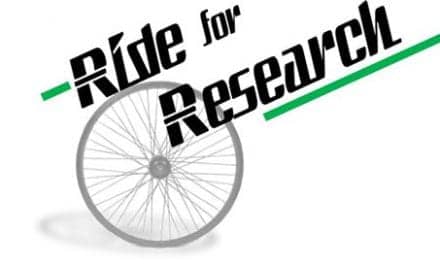The United States is failing in its ability to provide walkable communities and to encourage people to walk more, according to the recently released Walking and Walkable Communities Report Card.
The United States earned an “F” for children and youth walking behavior, safety, public transportation, institutional policies and pedestrian infrastructure. It earned a “D” for walkable neighborhoods and pedestrian policies. It got a “C” for adult walking behavior, the report notes.
“Report cards can facilitate change,” says Amy Eyler, associate professor at the Brown School, an expert on physical activity and obesity and deputy director of the Prevention Research Center in St. Louis, in a media release from Washington University in St Louis.
“We have tremendous opportunity for improvement,” adds Eyler, who also served on the advisory panel for the Report Card. “The US is very car-centric, with planning and transportation priorities mostly focused on automobiles.”
The group of advisors who developed the report was empaneled by the National Physical Activity Plan Alliance, a nonprofit organization that is committed to ensuring the long-term success of the National Physical Activity Plan. The alliance is a coalition of national organizations that have come together to ensure that efforts to promote physical activity in the American population will be guided by a comprehensive, evidence-based strategic plan, the release explains.
“Walking for pleasure or transportation counts as physical activity, and decades of research shows that people who are physically active are healthier than those who are not,” Eyler continues. “Plus, walking really doesn’t require special skills or equipment.
“If we are going to promote and encourage any physical activity for all ages and abilities, I think our best bet is walking. Although the decision to walk is an individual choice, this decision can be influenced by the way communities are designed and built—and this is where improvements can be made as indicated by the report card.”
[Source(s): Washington University in St Louis, Newswise]





